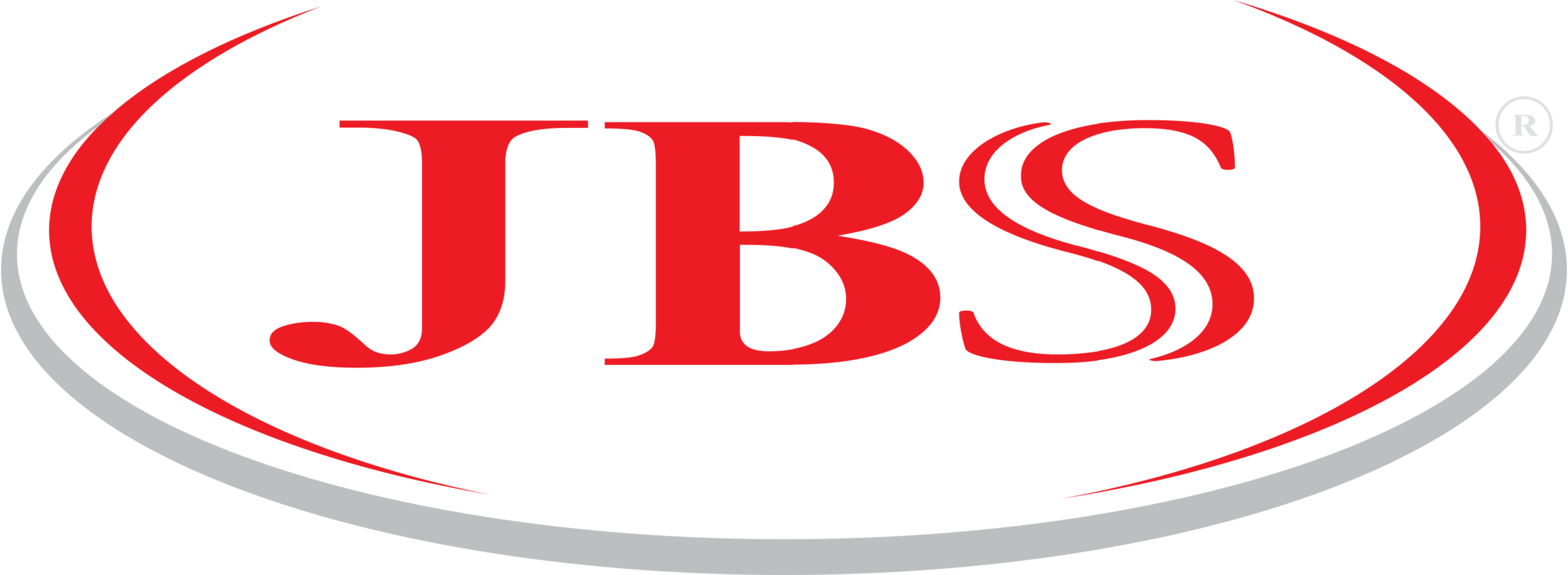The United States Continues to Fund a Corrupt Foreign Company
Back in 2017, the Batista brothers of the Brazilian meat company JBS were charged with multiple accounts of bribery in one of the largest corruption scandals in Brazil’s modern history. Despite the negative publicity and multi-million dollar fine placed upon these billionaire brothers, many countries continue to do business with JBS. One of these countries is the United States. In 2018, the U.S. gave JBS $40million through the United States Agricultural Department (USDA) $12billion-dollar Farm Bailout Program, commissioned by U.S. President Donald Trump to protect American farmers from his trade war with China. The crimes of JBS, Joesley Batista, and Wesley Batista range from bribing health inspectors, insider trading, and the illegal deforestation of the Amazon rainforest. This raises concerns about why the current U.S. administration is willing to shell out massive checks to a foreign company when the bailout program was initially created to protect U.S. farmers.
A press release from August 2018 USDA concerned with this piece of bureaucratic policy claimed that “eligible applicants [for bailout checks] must have an ownership interest in the commodity, be actively engaged in farming, and have an average adjusted gross income for tax years 2014, 2015, and 2016 of less than $900,000.” There was no algorithm to suggest how the bailout checks would be apportioned amongst American farmers. Nonetheless, the language of the press release suggested to farmers and government watchdogs that the money would only be going to smaller farms. However, in as early as October 2018, multimillion-dollar companies such as WH Group and JBS were announced to be recipients of the bailout funds.
Last year alone, JBS made $49.7 billion. That is nearly two times the amount that McDonald’smade last year. When the USDA was being questioned about how a successful company like JBS qualified for bailout funds, a spokesperson claimed that the “USDA only buys American commodities, produced on American farms by American farmers.” The USDA also suggested that JBS qualified because they employ approximately 70,000individuals in the U.S. amongst their many cattle ranches, pork farms, and meatpacking facilities. However, the USDA provided no insight or clarity into how they determined to allocate $40 million. JBS runs its USA farms through a Colorado-based subsidiary called JBS USA Holdings with Joesley and Wesley Batista as the primary owners. The U.S. accounts for nearly 75%of JBS’s profits.
The connection between the U.S. and JBS inspired low levels of press coverage throughout 2018 but has the potential to come back to light during the U.S. 2020 presidential election. Donald Trump won over midwestern farmers with his promises of improving their conditions, but news of JBS receiving bailout funds sparked some frustration from U.S. conservatives. The organization R-CALF, which is known for its rightwing alignment, sued JBS and three other large meatpackers. R-CALF believes that the top four packers conspired to decrease the price of cattle from American ranchers to increase their margins and are frustrated that the government is rewarding industry consolidation. 40 companies control two-thirdsof the sows in the U.S. while there are approximately 60,000pork producers from corporations to small farms. Out of the $1.2 billion apportioned for surplus product purchases, 500 millionwas set aside only for pork. This is a 900% increase in surplus purchases in pork from previous years. In addition to the $40 million JBS received in bailout funds, they received $22 millionfrom pork surplus purchases. That is a total of $62 million that JBS received from the U.S. government in 2018 alone.
As 2018 came to a close, watchdogs waited anxiously to see if the USDA and President Trump would alter the program in response to reports that small farms received as little as $25 from the bailout. In early 2019, President Trump announced that $16 billion would be allocated for this year’s bailout funds. Reuters reported in July that 50% of 8.4 billion dollars dispensed from the beginning of the year through April was going to the top 10% of U.S. farmers. This year JBS is in a position to make even more money than it did last year, receiving nearly $78 million in pork contracts. Meanwhile, the list of grievances against JBS continues to grow as reports filter in on the burning and slashing land, purchasing blacklisted cattle, and their increasing role in the Amazon’s deforestation.



